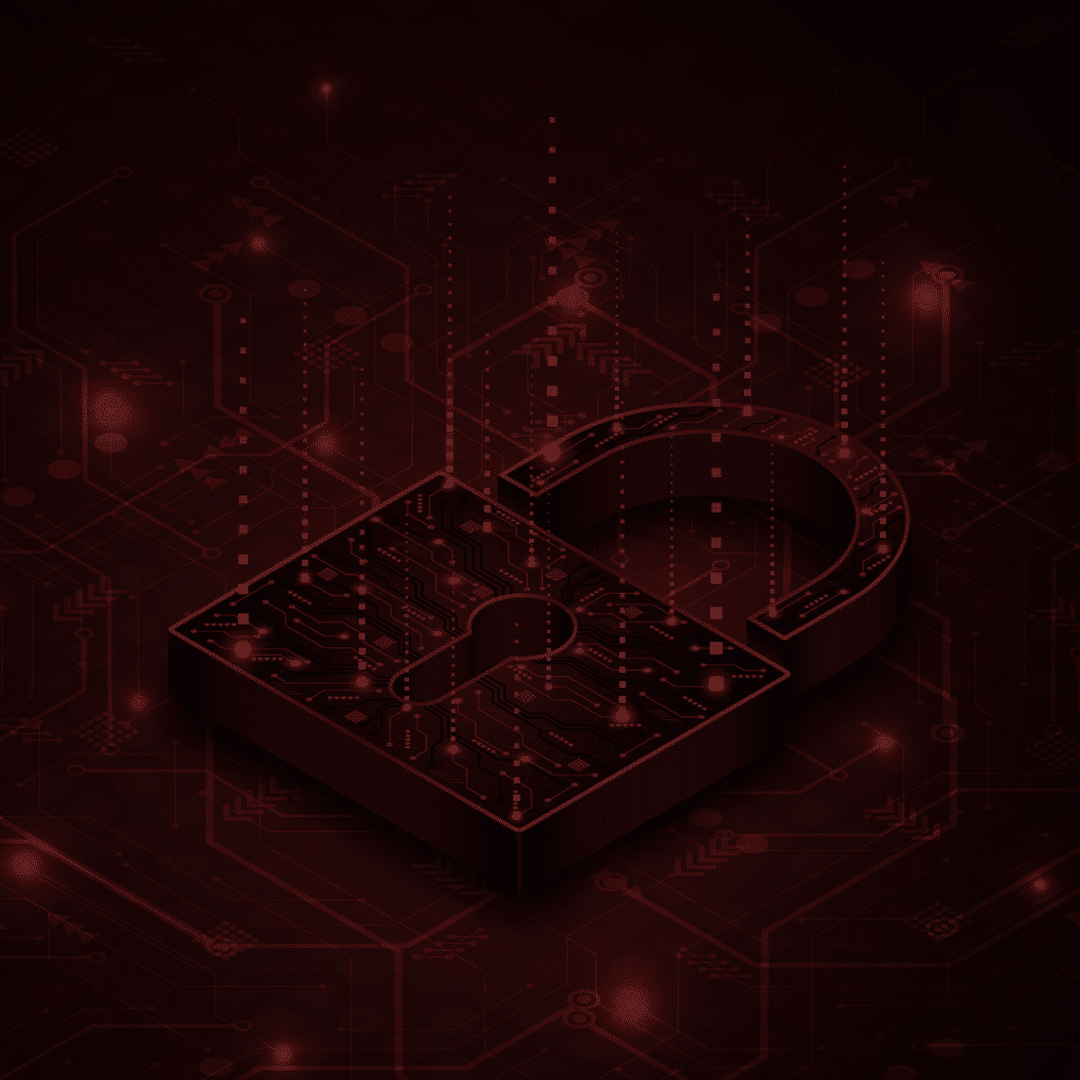By 2028, Gartner predicts that more than 50% of businesses will rely on cloud platforms to drive their business efforts (Gartner, 2023). In an era where digital transformation drives business strategies, securing cloud environments has become even more critical. Cloud security involves safeguarding cloud-based data, applications, and infrastructures from security vulnerabilities and
threats. At the core of this effort are cloud security architects—the strategists and visionaries responsible for safeguarding the digital backbone of the future: the cloud.
In this blog, we will explore the journey to becoming a cloud security architect, including key responsibilities, necessary skills and qualifications, career prospects in this dynamic field, and more. Let’s discover the secrets of mastering cloud security architecture and learn how to protect the digital future!
Who Is a Cloud Security Architect?
A cloud security architect designs and implements secure cloud computing architectures while collaborating closely with cloud engineering teams and leveraging cloud technologies to establish and enforce well-rounded security policies. They are responsible for shaping cloud application designs and developing systems to manage, monitor, and maintain cloud environments.
Assessing system vulnerabilities for potential security risks, they propose and implement effective risk mitigation strategies. These professionals ensure the implementation of adequate security controls to protect digital assets and essential cloud infrastructures.
Now that we have a clear understanding of what a cloud security architect does, let’s delve into the major roles and responsibilities that define this critical position.
Major Roles and Responsibilities of a Cloud Security Architect
A 2023 survey of global cybersecurity experts found that 65% see cloud platform misconfigurations as the biggest security threat in public clouds. The second biggest threat, according to 54% of the respondents, is the theft of sensitive data (Borgeaud, 2023). This is where a cloud security architect plays a pivotal part!
Cloud security architects perform multiple duties to safeguard an organization’s cloud environment, a key aspect of which is ensuring data security in cloud computing. Below is an overview of the major roles and responsibilities:
- Designing Cloud Security Architecture: Developing and implementing secure cloud computing architectures that align with organizational goals and requirements
- Implementing Security Controls and Best Practices: Creating and maintaining security controls, policies, practices, and procedures suitable for the cloud environment.
- Collaborating with Various Stakeholders: Working in collaboration with various technology teams and stakeholders to understand security needs and complete projects effectively.
- Providing Strategic Guidance and Leadership: Offering relevant guidance and advice for addressing discovered vulnerabilities along with insights on systems hardening for improved resilience.
- Staying Ahead of Evolving Threats and Regulations: Being aware of new technologies and trends in cloud computing, exploring the latest threats, attack tactics, and techniques to craft up-to-date security strategies.
Essential Qualities and Skills Required to Become a Cloud Security Architect
Becoming a successful cloud security architect requires a blend of technical skills and a strategic mindset to navigate the complexities of dynamic cloud environments. Listed below are the essential qualities and skills required for this role:
- Strong Technical Expertise in Cloud Security Concepts and Platforms: Proficiency in cloud security concepts, platforms such as AWS, Azure, GCP, and diverse operating systems is critical to understand and implement appropriate security measures.
- Architectural Thinking and Design Skills: Architectural thinking and design skills are crucial for cloud architects, enabling them to craft secure, efficient solutions that address business challenges and devise end-to-end strategies and effective cloud solutions.
- Communication and Collaboration Skills: Effective communication and collaboration are important soft skills that aid cloud architects in managing teams, understanding workflows clearly, and handling customer interactions, enhancing their ability to manage responsibilities effectively.
- Problem-Solving and Analytical Abilities: Problem-solving and analytical abilities help architects interpret data, recognize patterns, and derive meaningful insights. These abilities enable them to streamline decision-making and enhance their effectiveness in managing cloud infrastructures.
- Leadership and Strategic Thinking: Cloud security architects often lead teams, making strong leadership skills essential for promoting the effective implementation of security initiatives and guiding teams in best security practices. Strategic thinking further boosts the development of secure strategies and organizational growth.
Cloud security architects should also be well-versed in various tools and techniques used in their daily activities, a few of which are given below
- Cloud Security Posture Management (CSPM): CSPM tools help cloud security architects monitor and manage the security posture of cloud environments by identifying misconfigurations and non-compliance, enforcing security policies, and ensuring compliance with industry standards.
- Multi-Factor Authentication (MFA): Multi-factor authentication functions as an extra layer of security by making users submit multiple forms of verification before gaining access. This brings down the risk of unauthorized access.
- Identity and Access Management (IAM): IAM tools facilitate the administration of user identities and their permissions to access cloud resources. By defining set roles and standards, these tools ensure that only authorized users can access sensitive cloud data and systems, reducing the risk of privacy and data breaches.
- Cloud Security Monitoring and Vulnerability Management: Cloud security monitoring tools help supervise both local and cloud servers, offering a clear view of the entire cloud infrastructure. They provide continuous data monitoring to identify threats and vulnerabilities and manage them at the earliest.
- Security Information and Event Management (SIEM): SIEM tools offer real-time collection and analysis of security data from multiple sources. They help detect, respond to, and manage security incidents by providing insights and alerts on suspicious activities, ensuring a secure cloud environment.
Cloud security architects have diverse career opportunities. Read through the following sections for a broader understanding of the domain.
Diverse Career Paths
Becoming a cloud security architect involves a combination of formal education, skill development, and certification. A cloud security architect should ideally have an educational background that is a mix of technical and non-technical disciplines. A degree in computer science, information technology, cybersecurity, or a related field is essential.
Individuals from non-technical backgrounds can also transition into this role by gaining a strong understanding of IT and cloud fundamentals, earning certifications from leading cloud service providers, and gaining some practical experience.
Exploring diverse career pathways open to the role is also crucial. You can transition from cloud-based roles such as cloud security engineers or security analysts to ace the cloud security architect job position. While being directly connected to core areas such as cloud security, network defense, and data protection, each role enriches the skills and strategic vision necessary for creating strong cloud infrastructures.
Steps to Becoming a Cloud Security Architect
Building a successful career in cloud security architecture begins with a solid foundation in essential cybersecurity principles and cloud technologies. Here’s a step-by-step guide to pave your career path in this field:
Education and Training
Invest in specialized courses that revolve around the important principles and core facets of cloud computing, architecture, and security. This will equip you with a holistic perspective and advanced knowledge and skills crucial for safeguarding cloud environments. Additionally, training gained through professional cloud certifications can add to the overall proficiency and validation sought after by employers.
Experience and Skills Development
Participating in hands-on training programs and workshops is beneficial for aspiring cloud security architects. In addition, attending conferences based on cloud security topics, participating in online forums, gaining basic real-time exposure, staying updated on the latest trends and technologies, and networking with cloud professionals can further enhance practical experience and promote skills development. Certifications that blend theoretical knowledge with practical applications and provide a mix of vendor-neutral and vendor-specific approaches are highly beneficial in preparing you for real-world scenarios.
Why Is CCSE an Ideal Credential for Aspiring Cloud Security Architects?
The Certified Cloud Security Engineer (CCSE) certification equips professionals with comprehensive knowledge, in-depth understanding, and practical skills in cloud security. It focuses on real-world scenarios and challenges and covers key aspects for well-rounded and unbiased learning that goes beyond cloud computing.
The courseware sheds light on governance frameworks, risk management, industry compliance, forensic methodologies, legal policies, etc., based on cloud infrastructure. Its curriculum blends vendor-neutral training, vendor-specific instruction, 85+ performance labs, insights into 44 latest technologies, and 15 best practices based on AWS, Azure, and GCP, making it the perfect choice for aspiring cloud security professionals.
Additionally, this instructor-led program focuses on industry-relevant skills and boosting practical exposure to real-time cloud security scenarios through hands-on training in a simulated environment. Overall, the CCSE keeps you at the digital forefront and guides you well through the ever-evolving domain of cloud architecture and security!
As businesses increasingly migrate to the cloud, the demand for professionals with cloud-related skills continues to grow. Becoming a cloud security architect demands a combination of technical acumen, industry certifications, and practical insights. With dedication and the right knowledge, you, too, can build a rewarding career in safeguarding the cloud environment against evolving threats.
References
Borgeaud, A. (2024, November 9). Main security threats in public clouds 2023. Statista. https://www.statista.com/statistics/1423855/top-security-threats-in-public-clouds/
Gartner. (2023, November 29). Gartner Says Cloud Will Become a Business Necessity by 2028. https://www.gartner.com/en/newsroom/press-releases/2023-11-29-gartner-says-cloud-will-become-a-business-necessity-by-2028










